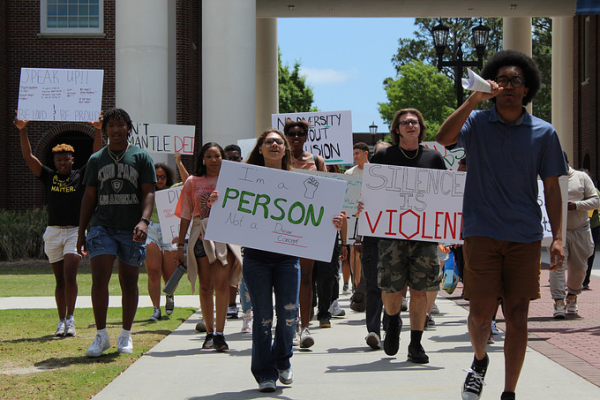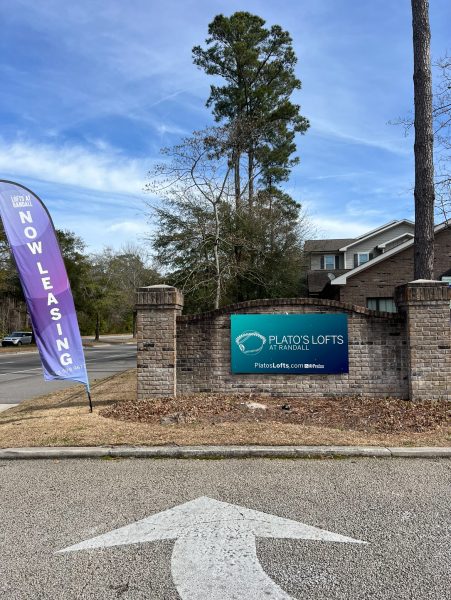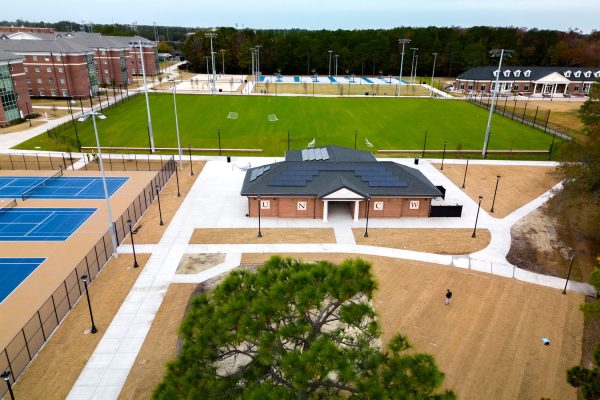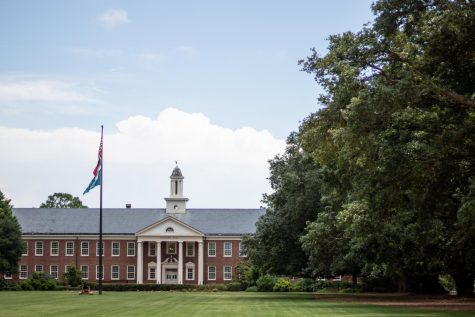Recycling facilities on campus expand capacity
September 12, 2001
UNCW’s recycling facility has been upgraded since last year. The center is now able to recycle magazines along with cardboard, glass bottles, certain plastics, newspapers and aluminum cans.
No capabilities exist to deal with steel cans and Styrofoam products.
“Recycling is one of the easiest things people can do to help their environment. Not only does it save natural resources, but when making a product from recycled materials (rather than virgin materials), it drastically cuts back on the energy used and the amount of pollution produced,” said Nicole Marschhauser president of the ECO club.
The United States makes up about five percent of the globe’s population, and consumes one quarter of its resources. Statistics show that three quarters of trash can be recycled, indicating that consumption rates do not have to mirror pollution rates, Marschhauser said.
Aside from recycling bins located throughout campus, the recycling center, adjacent to the university power plant, provides the most extensive recycling facilities available to students.
The ECO club has been the driving force behind the improvement and expansion of the university’s recycling facilities.
When materials such as cans plastics, or newspapers are not recycled they go out with the rest of the garbage, eventually finding a permanent resting place in a landfill, until the material decomposes. Upon decomposition, such wastes may actually end up a little bit closer to home if some of the byproduct chemicals of decomposition happen to leak out (which in many instances do), and into the water table, effecting drinking water quality, as just one possible effect.
“All it takes is the extra step from the garbage can to the recycling bin. One should remember, though that it is just as important, if not more important to reduce and reuse their resources, as it is to recycle,” Marschhauser said.





















